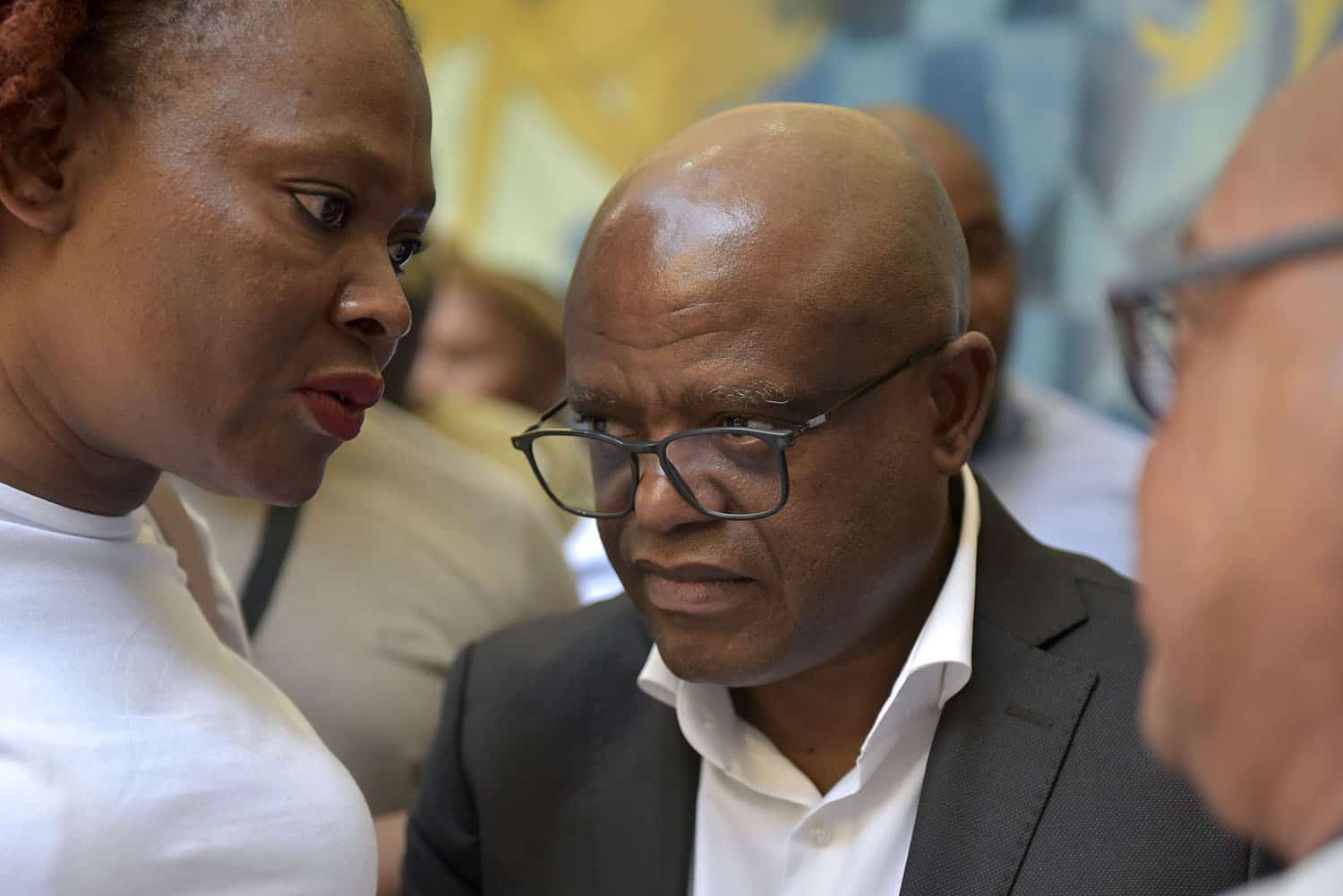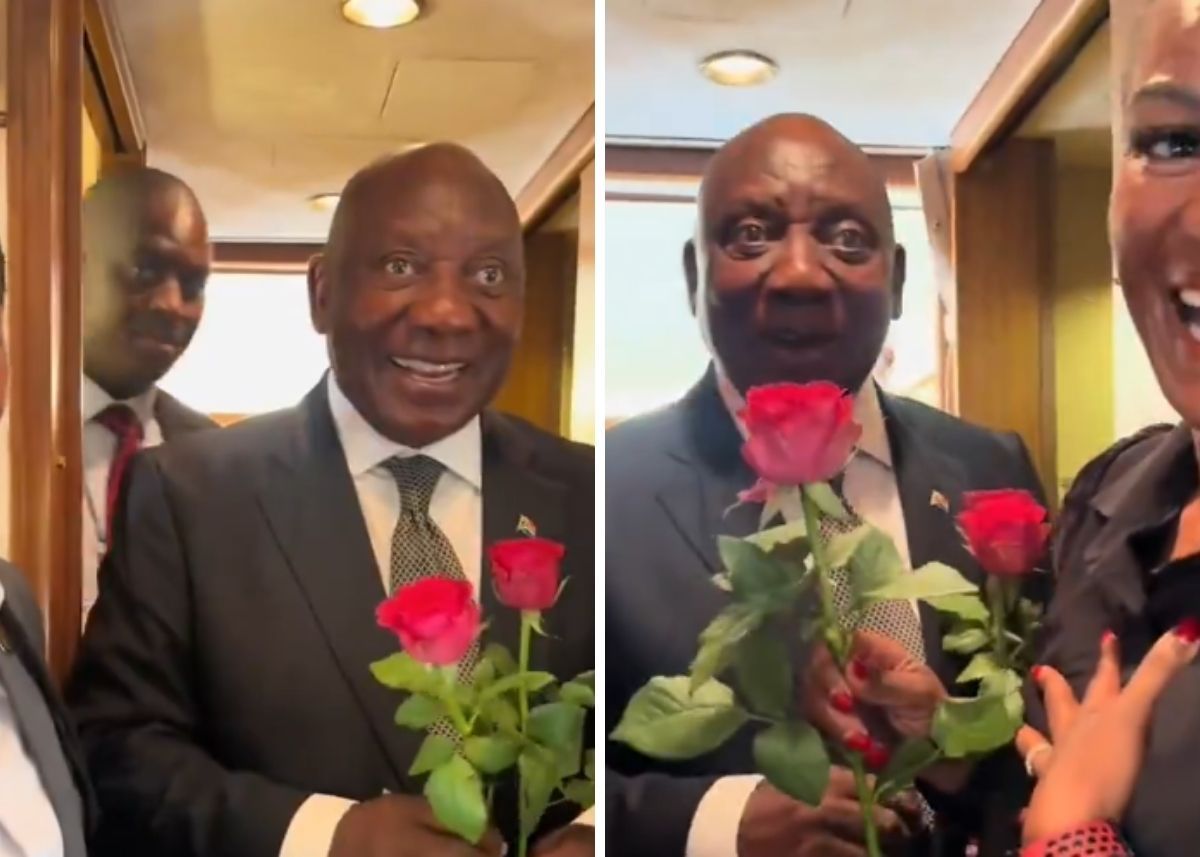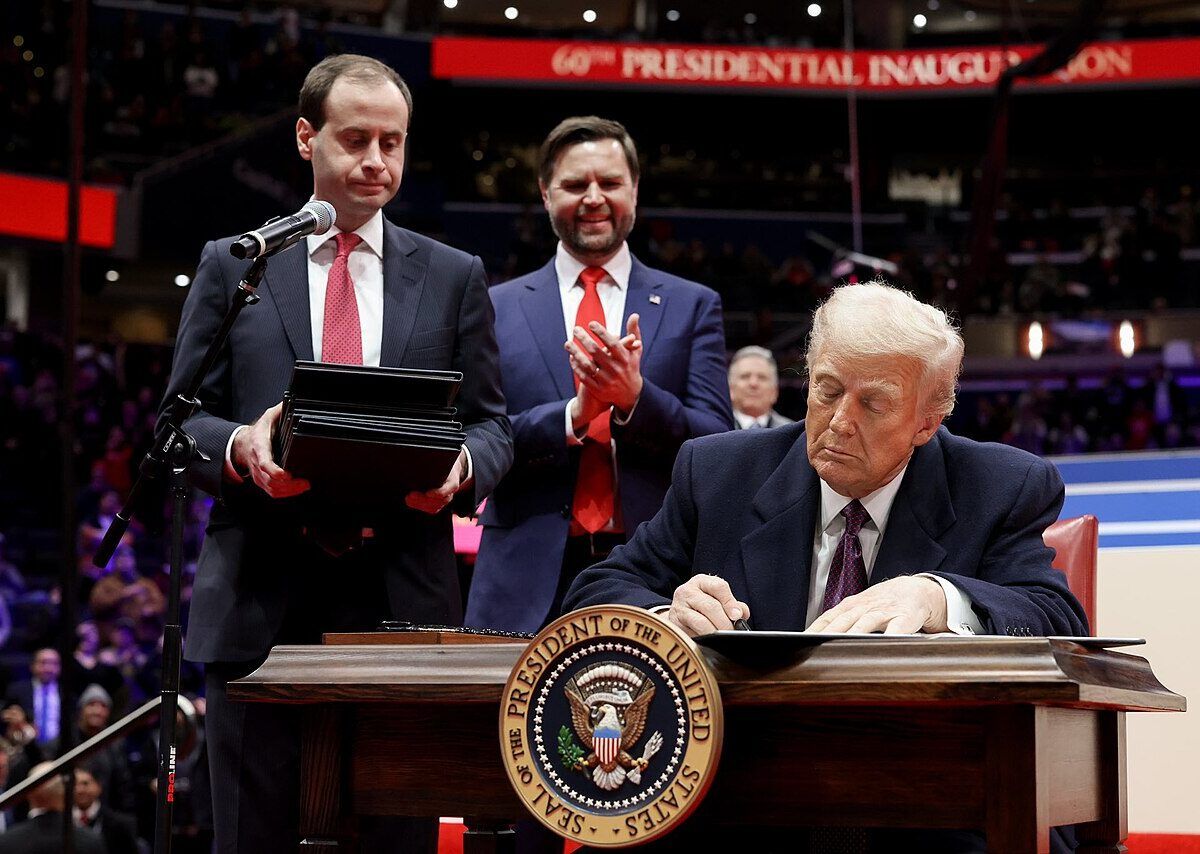At the heart of Van der Walt’s promises was a significant budgetary pledge, designed to bolster youth employment opportunities.
At a recent campaign gathering in the Khomasdal constituency of Windhoek, Piet van der Walt, SWAPO Party member and Deputy Minister of the National Planning Commission, addressed one of Namibia’s most pressing issues: youth unemployment.
Speaking to a crowd of enthusiastic supporters on Sunday, Van der Walt outlined an ambitious plan to create jobs and foster economic development for the country’s younger generation. His speech was part of SWAPO’s broader political campaign ahead of the upcoming elections, aiming to galvanize support for the party and its presidential candidate, Netumbo Nandi-Ndaitwah.
At the heart of Van der Walt’s promises was a significant budgetary pledge, designed to bolster youth employment opportunities.
He announced that approximately N$85.7 billion would be allocated over the next five years to fund critical priority projects across the country.
These projects are specifically tailored to generate substantial employment opportunities for Namibia’s growing youth population, many of whom face difficulties finding work amid the current economic climate. The projects are set to cover various sectors, ranging from infrastructure development to digital economy investments, with the goal of creating a more inclusive labour market that accommodates a diverse skill set.
Van der Walt emphasized that these projects are not only a response to the immediate need for jobs but also a long-term vision for sustainable economic growth. He stated that SWAPO’s plan aims to “create mass employment opportunities,” helping young Namibians develop the skills and experience they need to thrive in the workforce.
While Van der Walt’s address focused primarily on employment, the issue of youth unemployment is not the only challenge facing the capital city. Recently, The South African, a major online publication, ran a critical article written by Pauline Torongo. The piece highlighted a range of social problems plaguing Windhoek, many of which are exacerbated by poor governance from the opposition coalition currently managing the city council.
One of the most striking issues raised by Torongo was the prevalence of child begging.
She vividly described scenes where children are forced to scavenge for bottles and other scraps to survive, painting a grim picture of life for many underprivileged residents of the city. The article served as a stinging rebuke of the opposition’s inability to address these problems, further fuelling SWAPO’s argument that a unified government under their leadership is necessary to bring about meaningful change in Windhoek.
Van der Walt concluded his speech on an optimistic note, offering a vision of a united Namibia that works together to overcome its challenges. “We envision a Namibia united in its commitment to providing quality service delivery, fostering a prosperous future for all Namibians,” he declared. Underscoring the party’s commitment to ensuring that every citizen, regardless of background, can benefit from the country’s development.
He also used the opportunity to rally the attendees in support of SWAPO’s presidential candidate, Netumbo Nandi-Ndaitwah. Calling for unity within the party, Van der Walt urged voters to stand behind SWAPO’s mission to secure a better future for all, emphasizing that only through solidarity can the challenges facing Namibia—particularly youth unemployment—be addressed effectively.
The Khomasdal rally marked a critical moment in the SWAPO Party’s electoral campaign, highlighting both the challenges and opportunities facing Namibia today. With promises of significant financial investment in youth employment and a critique of the opposition’s governance failures in Windhoek, Piet van der Walt’s message was clear: SWAPO is the party with the vision and the resources to lead Namibia into a more prosperous future.
However, delivering on these promises will require not just funding but a sustained commitment to accountability and effective service delivery, something the Namibian public will be watching closely as the elections draw near.














